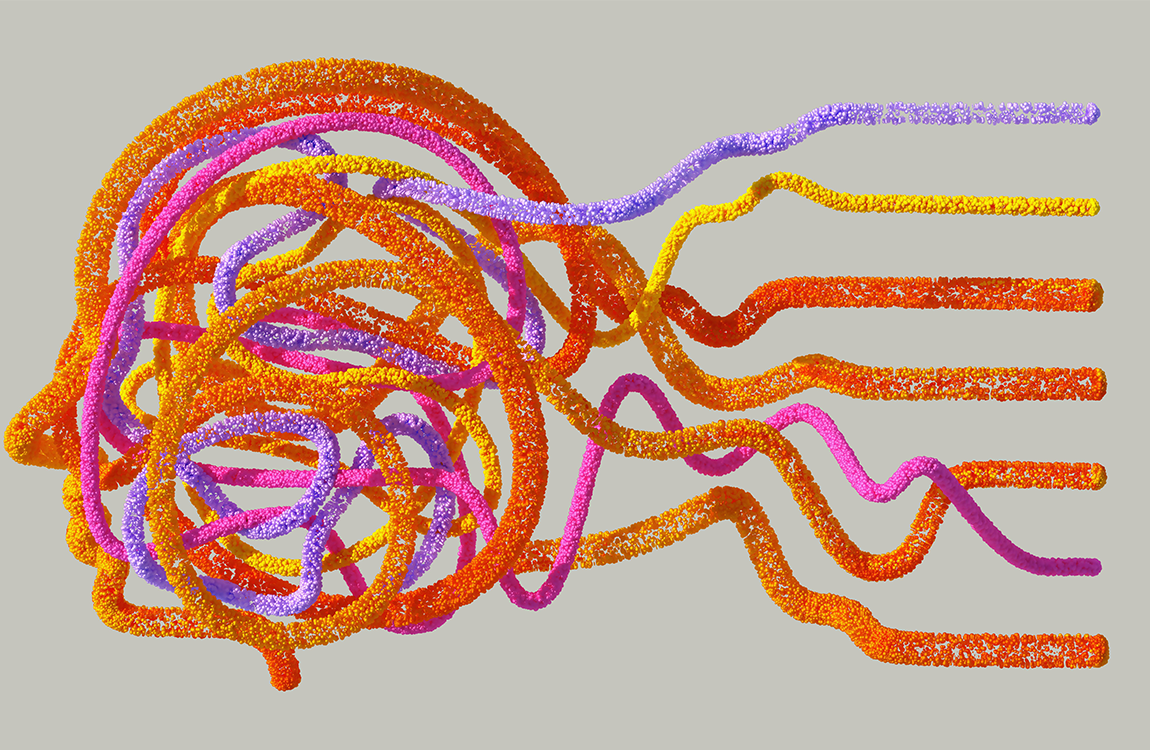What AI Cannot Help Brands Achieve: The Limitations of AI in Brand Building
In today's technology-driven business environment, Artificial Intelligence (AI) is widely regarded as a powerful assistant for brand building and management. However, like any tool, AI has its limitations. This article explores what AI cannot do in brand design and how brands can correctly utilize AI.
1. Creating Genuine Emotional Connections
While AI can analyze data and predict trends, it cannot experience emotions or create genuine emotional connections. Brands need to establish emotional bonds with consumers through authentic human interactions and sincere brand stories.
2. Providing Complete Creativity
AI can assist the creative process by generating design concepts or copy drafts, but it cannot provide fully original creativity. Creativity often stems from human unique perspectives, cultural backgrounds, and life experiences.
3. Fully Replacing Human Decision-Making
AI can offer data-supported decision suggestions, but it cannot replace human intuition and experience. Especially in brand strategy and ethical issues, human judgment is indispensable.
4. Building Brand Culture
Brand culture reflects the internal values, traditions, and behavioral norms of an organization, often deeply rooted in the founder's vision and employees' daily practices. AI cannot participate in shaping this culture.
5. Handling All Types of Customer Interactions
While AI chatbots can handle routine customer inquiries, human empathy and understanding are essential for complex or emotionally charged interactions.
6. Providing Personalized Leadership
Brands need leaders to provide direction, motivate teams, and represent the brand to the outside world. AI can assist with decision-making but cannot offer the personal charisma and leadership required to be a brand's representative figure.
7. Building Brand Trust
Trust is a crucial part of brand equity, usually based on consumers' perceptions of the brand's integrity and reliability. AI's transparency and interpretability remain challenging, so building deep trust requires human involvement.
8. Responding to Unpredictable Market Changes
The market and social environment are constantly changing, sometimes unpredictably. AI may lack flexibility in handling unknown and novel scenarios, whereas human adaptability and creativity are vital.
9. Fully Understanding Brand History and Heritage
A brand's history and heritage are part of its uniqueness. AI might not fully grasp the nuances and deeper meanings behind a brand's story.
10. Providing Ethical and Social Responsibility Guidance
Brands play an essential role in society and need to make decisions regarding ethics and social responsibility. These decisions must be based on human values and ethical standards, not just data-driven analysis.
AI is a powerful tool that can enhance many aspects of brand design, but it is not all-encompassing. Brands need to recognize AI's limitations and use it as a means to supplement human creativity, decision-making, and emotional intelligence. By combining AI's analytical capabilities with human intuition and experience, brands can communicate more effectively with consumers and build stronger brands.
By understanding AI's limitations, we can better leverage its strengths while utilizing irreplaceable human roles to drive brand development forward together.
AI不可以幫助品牌建立做什麼?——人工智慧在品牌建設上的局限
在當今技術驅動的商業環境中,人工智慧(AI)被廣泛認為是品牌建設和管理的強大助手。然而,就像任何工具一樣,AI也有其局限性。本文將探討AI在品牌設計中不能夠幫助品牌做到的事情,以及品牌如何正確地利用AI。
1. 創造真正的情感連接
儘管AI可以分析數據和預測趨勢,但它不能體驗情感或創造真正的情感聯繫。品牌需要通過真實的人際互動和真誠的品牌故事來建立與消費者的情感紐帶。
2. 提供完全的創意
AI可以輔助創意過程,生成設計概念或文案草稿,但它不能提供完全原創的創意。創意往往來源於人類的獨特視角、文化背景和生活經驗。
3. 完全替代人類決策
AI可以提供數據支持的決策建議,但它不能替代人類的直覺和經驗。特別是在品牌戰略和倫理問題上,人類的判斷是不可或缺的。
4. 建立品牌文化
品牌文化是組織內部價值觀、傳統和行為準則的體現,這些通常深深植根於創始人的願景和員工的日常實踐。AI無法參與這一文化的塑造過程。
5. 處理所有類型的客戶互動
雖然AI聊天機器人可以處理常規的客戶諮詢,但對於複雜或情感密集型的互動,人類的同理心和理解力是必需的。
6. 提供個性化的領導力
品牌需要領導者提供方向、激勵團隊並代表品牌與外界溝通。AI可以輔助決策,但不能提供具有個人魅力和領導力的代表性人物。
7. 建立品牌信任
信任是品牌資產的重要組成部分,它通常基於消費者對品牌誠信和可靠性的感知。AI的透明度和可解釋性仍然是挑戰,因此建立深層次的信任需要人類的參與。
8. 應對不可預測的市場變化
市場和社會環境不斷變化,有時會出現不可預測的情況。AI在處理未知和新穎場景時可能缺乏靈活性,而人類的適應性和創造性則至關重要。
9. 完全理解品牌歷史和傳承
品牌的歷史和傳承是其獨特性的一部分。AI可能無法完全理解品牌故事背後的細微差別和深層含義。
10. 提供道德和社會責任指導
品牌在社會中扮演著重要角色,需要在道德和社會責任方面做出決策。這些決策需要基於人類價值觀和倫理標準,而不僅僅是數據驅動的分析。
AI是一個強大的工具,可以增強品牌設計的多個方面,但它不是萬能的。品牌需要認識到AI的局限,並將其作為補充人類創造力、決策能力和情感智慧的手段。通過將AI的分析能力和人類的直覺、經驗相結合,品牌可以更有效地與消費者溝通,建立更強大的品牌。
理解AI的限制,我們可以更好地利用它的優勢,同時發揮人類的不可替代作用,共同推動品牌向前發展。
